HD Filter
May 10, 2018 15:15:19 #
Why would you use a HD filter for a sunset/sunrise shot instead of adjusting the fstop? Pros and cons please.
May 10, 2018 16:35:45 #
May 10, 2018 17:28:29 #
May 10, 2018 17:42:02 #
Do you mean ND filters (neutral density)? Specifically graduated ND filters?
Re the link from Shellback, I don't think that article addressed anything "HD" other than HDR processing after the shot. Just trying to understand the question
I also want to ask you about your reference to adjusting the f/stop. If you're shooting a landscape, generally you want to control your depth of field - which is done via aperture (f/stop). So most times that is not the setting you want to change; instead, you'd look to ISO or shutter speed - though there are considerations there also, such as not going too slow on the shutter speed if you're hand holding.
Re the link from Shellback, I don't think that article addressed anything "HD" other than HDR processing after the shot. Just trying to understand the question

I also want to ask you about your reference to adjusting the f/stop. If you're shooting a landscape, generally you want to control your depth of field - which is done via aperture (f/stop). So most times that is not the setting you want to change; instead, you'd look to ISO or shutter speed - though there are considerations there also, such as not going too slow on the shutter speed if you're hand holding.
May 11, 2018 07:09:52 #
Robert Bailey
Loc: Canada
What is an "HD" filter?
That is a good article that was recommended by "Shellback".
That is a good article that was recommended by "Shellback".
May 11, 2018 08:16:23 #
An HD filter is a type of filter made by Hoya (High Density glass). You can get different HD made filters such as a CPL or UV so I think the initial post meant ND or GND filter
May 11, 2018 09:47:22 #
"Why would you use a HD filter for a sunset/sunrise shot instead of adjusting the fstop?" Good Lord, I wish I knew what an HD filter is.
When I shoot sunsets or sunrises I do adjust my aperture to my taste. I like to see objects in silhouette in the foreground which to me compliment my vision. Others prefer or to open the shadows with software or to use a Graduated Neutral Density filter to reduce contrast. We are all different and we have different artistic tastes.
By the way, if you do really know what a HD filter is please educate me.
When I shoot sunsets or sunrises I do adjust my aperture to my taste. I like to see objects in silhouette in the foreground which to me compliment my vision. Others prefer or to open the shadows with software or to use a Graduated Neutral Density filter to reduce contrast. We are all different and we have different artistic tastes.
By the way, if you do really know what a HD filter is please educate me.
May 11, 2018 12:46:32 #
amfoto1
Loc: San Jose, Calif. USA
"HD" is a term that Hoya uses... implying "high definition", though they aren't any more special than other filters.
Rule of thumb when directly shooting sunsets and sunrises: USE NO FILTERS at all. Filters will cause flare effects and will ruin your shot.
Sunset example with NO filter (Canon EF 20mm f/2.8 lens)....
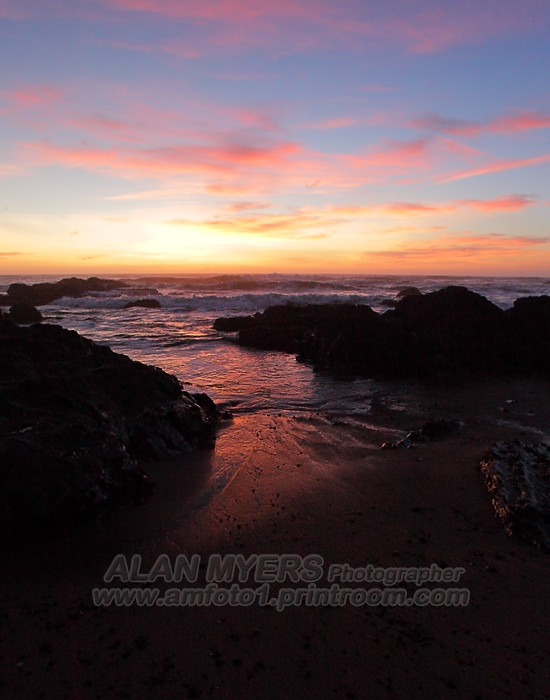
The most generally useful filter for landscape and scenic photography... among other things... is a Circular Polarizer. It enhances the blue of the sky and saturation of colors by reducing or eliminating reflections. For the image of the fishing boats below, with the sun high overhead and slightly behind me, almost perfectly 90 degrees from the direction I was shooting so that the filter's effect is at it's strongest, I actually dialed down the effect of a C-Pol because I didn't want to completely eliminate the reflections of the boats on the water (same 20mm lens as above, although on a different camera):
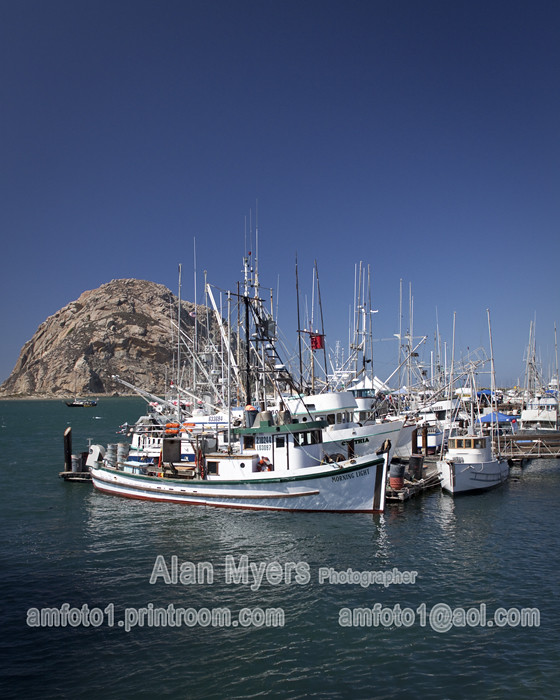
BUT, a C-Pol has multiple layers of glass, making it one of the most prone to causing flare and other problems when directly shooting a sunrise or sunset. A C-Pol also will have no positive effect, shooting directly at the sun. Not to mention, for the first shot above, even if the filter were effective, one of the last things I'd have wanted was to reduce the reflections of the sunset off the water and wet sand and rocks.
Here's a test shot where I deliberately used a high quality, multi-coated C-Pol to shoot a sunset, just to see what problems it would cause:
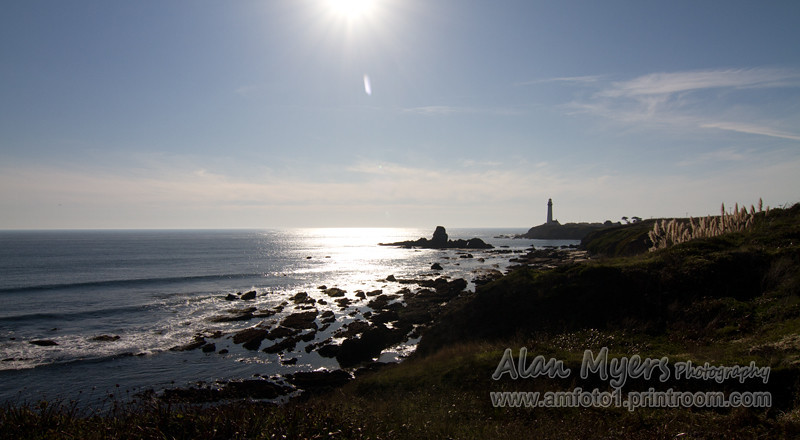
The results is a bit hard to see at Internet sizes and resolution... but the filter caused overall "veiling" flare that significantly reduced contrast and color saturation. It also causes a number of "ghost" flare artifacts in the image. And it might have amplified some chromatic aberrations in the image. (Also note that there is no polarizing effect, so nothing positive about using the filter when the light source... the sun... isn't at some tangent to the direction I'm photographing)....

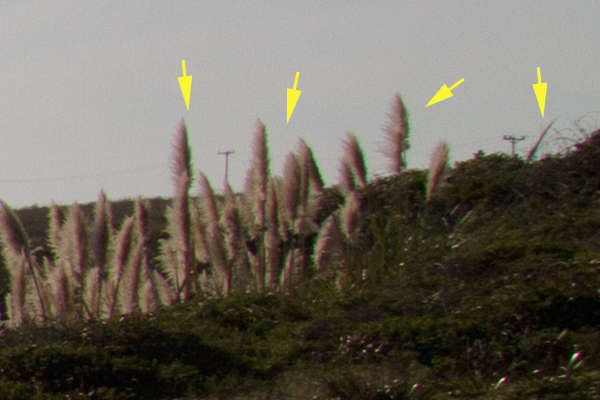
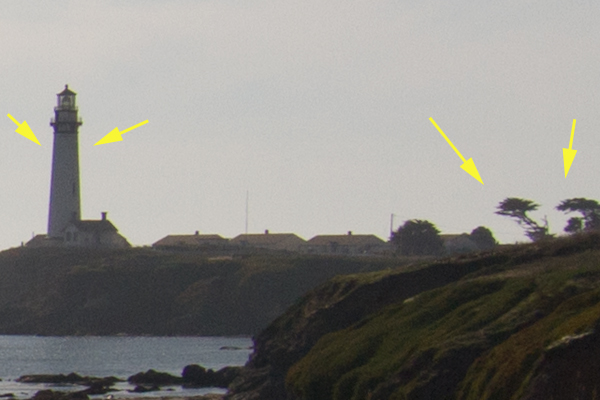
I worked on the above image in Photoshop... boosting contrast and color saturation A LOT... retouching ghost flare artifacts and correcting chromatic aberration as best I could. (Also correcting some under-exposure, though that's unrelated to the filter.) It actually came out better than I expected:
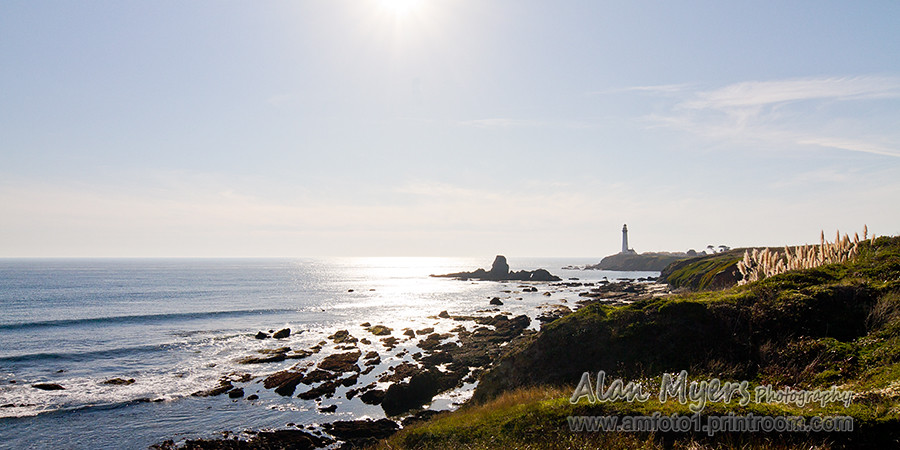
HOWEVER, it could have been better and I would have avoided all that extra work simply by removing the filter!
So, the rule of thumb when shooting sunsets and sunrises is: USE NO FILTER.
Previous responses about "ND" filters are correct. An even, ideally perfectly neutral gray tonality all over, Neutral Density filters are used to allow slower shutter speeds and or larger apertures than would normally be possible, given the ISO range limitations of the camera. For example, a several second long exposure (to blur moving water or other movement) may be impossible in broad sunlight at ISO 100, even at your smallest lens aperture... but a 6, 8 or 10-stop ND filter can be used. Similarly, making portraits you might want an extra large aperture for strong background blur, but are unable to use it in broad sunlight due to the limits of your camera's lowest ISO and fastest shutter speed... Once again, a strong ND filter can make those shots possible.
"Graduated ND" filters are another type of filter we had to use with film. Half of those filters are clear, while the other half is a weaker gray... usually one or two... maybe three stops at most. Grad NDs are used to "hold back" the sky and deepen the blue, better balancing it with the rest of the scene. Frankly, these types of filters are no longer needed with digital. It's easy to do selective adjustments to image or use a multi-image technique instead. The results are much better than was ever possible with Grad ND filters. I still have a set of them in case I want to shoot film sometime, but they are mostly just gathering dust because I don't use them at all for digital.
Rule of thumb when directly shooting sunsets and sunrises: USE NO FILTERS at all. Filters will cause flare effects and will ruin your shot.
Sunset example with NO filter (Canon EF 20mm f/2.8 lens)....

The most generally useful filter for landscape and scenic photography... among other things... is a Circular Polarizer. It enhances the blue of the sky and saturation of colors by reducing or eliminating reflections. For the image of the fishing boats below, with the sun high overhead and slightly behind me, almost perfectly 90 degrees from the direction I was shooting so that the filter's effect is at it's strongest, I actually dialed down the effect of a C-Pol because I didn't want to completely eliminate the reflections of the boats on the water (same 20mm lens as above, although on a different camera):

BUT, a C-Pol has multiple layers of glass, making it one of the most prone to causing flare and other problems when directly shooting a sunrise or sunset. A C-Pol also will have no positive effect, shooting directly at the sun. Not to mention, for the first shot above, even if the filter were effective, one of the last things I'd have wanted was to reduce the reflections of the sunset off the water and wet sand and rocks.
Here's a test shot where I deliberately used a high quality, multi-coated C-Pol to shoot a sunset, just to see what problems it would cause:

The results is a bit hard to see at Internet sizes and resolution... but the filter caused overall "veiling" flare that significantly reduced contrast and color saturation. It also causes a number of "ghost" flare artifacts in the image. And it might have amplified some chromatic aberrations in the image. (Also note that there is no polarizing effect, so nothing positive about using the filter when the light source... the sun... isn't at some tangent to the direction I'm photographing)....



I worked on the above image in Photoshop... boosting contrast and color saturation A LOT... retouching ghost flare artifacts and correcting chromatic aberration as best I could. (Also correcting some under-exposure, though that's unrelated to the filter.) It actually came out better than I expected:

HOWEVER, it could have been better and I would have avoided all that extra work simply by removing the filter!
So, the rule of thumb when shooting sunsets and sunrises is: USE NO FILTER.
Previous responses about "ND" filters are correct. An even, ideally perfectly neutral gray tonality all over, Neutral Density filters are used to allow slower shutter speeds and or larger apertures than would normally be possible, given the ISO range limitations of the camera. For example, a several second long exposure (to blur moving water or other movement) may be impossible in broad sunlight at ISO 100, even at your smallest lens aperture... but a 6, 8 or 10-stop ND filter can be used. Similarly, making portraits you might want an extra large aperture for strong background blur, but are unable to use it in broad sunlight due to the limits of your camera's lowest ISO and fastest shutter speed... Once again, a strong ND filter can make those shots possible.
"Graduated ND" filters are another type of filter we had to use with film. Half of those filters are clear, while the other half is a weaker gray... usually one or two... maybe three stops at most. Grad NDs are used to "hold back" the sky and deepen the blue, better balancing it with the rest of the scene. Frankly, these types of filters are no longer needed with digital. It's easy to do selective adjustments to image or use a multi-image technique instead. The results are much better than was ever possible with Grad ND filters. I still have a set of them in case I want to shoot film sometime, but they are mostly just gathering dust because I don't use them at all for digital.
May 11, 2018 13:48:28 #
rbmitch123 wrote:
Why would you use a HD filter for a sunset/sunrise shot instead of adjusting the fstop? Pros and cons please.
I would not, but I would use an grad-ND filter to even out the tonal range, so the sensor is able to record it!
May 11, 2018 14:37:10 #
May 11, 2018 14:41:14 #
If you want to reply, then register here. Registration is free and your account is created instantly, so you can post right away.



